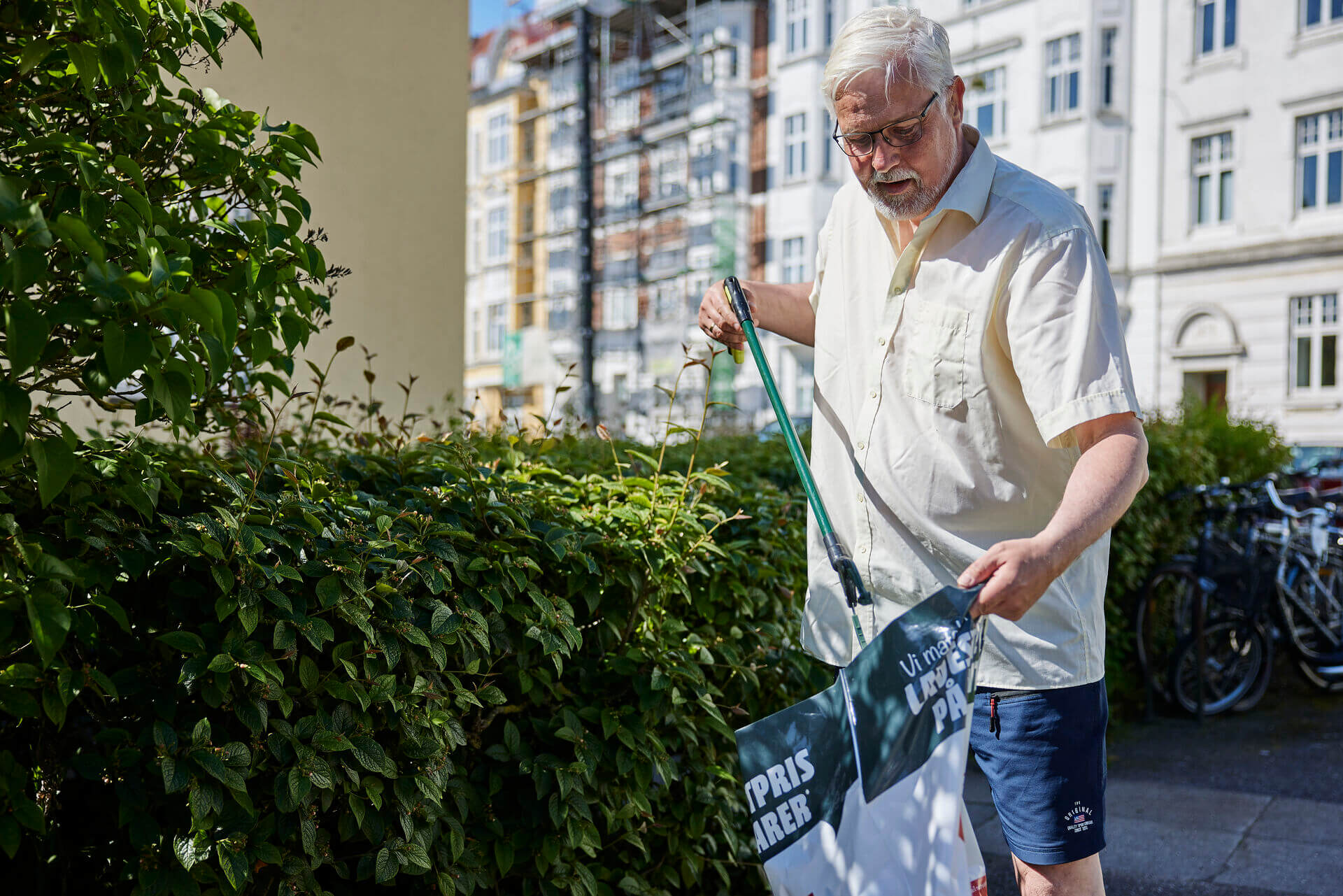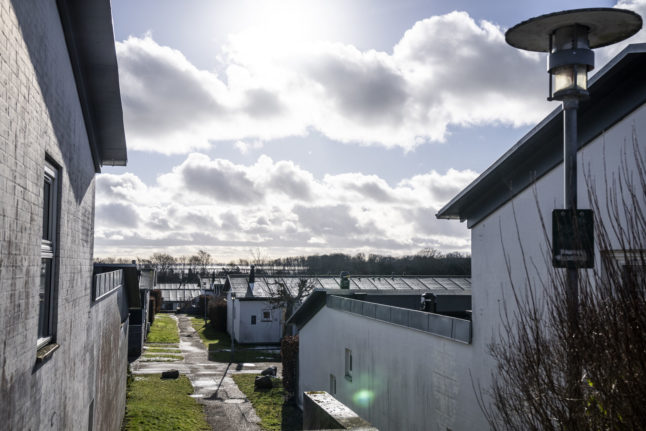Anyone who’s lived in Denmark for a while knows that there are rules for everything, so it will come as no surprise that there are plenty of guidelines for living with, or near other people.
Husorden
When you live in an apartment block, you will come across house rules (husorden).
These are a set of collectively chosen rules to make sure everyone is happy with living within the close quarters of an apartment. Each apartment building has a different set of house rules, as they are decided by the board members (bestyrelsen) who live there.
It is not always clear what the rules are, so you have to ask an apartment board member, or you can find them on the housing department’s website. You can also ask to join the board and propose or amend some of the rules.
But generally speaking, these are the main areas to watch out for if you don’t want to accidentally annoy your neighbours:
1.Recycling and rubbish
There are large shared bins in the courtyard of apartments. Make sure to put your rubbish in the correctly coloured bin and do not leave it overflowing.
2. Bicycles and prams
Apartment blocks usually have a locked room where you can choose to store bikes and prams. Don’t go taking or borrowing anything from here without permission, even if you think it’s not being used.
3. Ball games
Some apartment blocks share outside children’s toys. But there may be rules about how to store and borrow these, as well as when to play certain ball games. Don’t be alarmed if a neighbour points this out to your children.
4. Smoking
You may think, my house, my rules. But there may be restrictions in your block, for example smoking near hanged washing on a balcony, so check out your local apartment rules first. Some housing associations and landlords do not permit smoking inside at all.
READ ALSO: EXPLAINED: How to get out of a rental contract in Denmark
5. Laundry
Not every apartment comes with a washing or drying machine so you’ll find these facilities in the basements of apartment buildings. But you can’t just turn up and use a machine, even if it’s empty.
On the wall will be a timetable where you put down your apartment number to book your time slot — these are usually now electronic and operated by a chip, or by logging in to the housing department’s website. Make sure you empty the machine within your allocated slot: not doing so will result in an annoyed neighbour and possibly your things being thrown into a basket with more than a mild undertone of passive aggression. Stick to your slot, exactly.
Use your own detergent. There may be unlabelled bottles piled up around you but it’s always best to stick to your own washing detergent.
6. Care of the outdoor space

7. Pets
Some apartments just don’t allow them. Check this out before moving in to avoid upset. If pets are allowed, you might find that some people object to dogs barking loudly at times considered to be ‘quiet’ — no later than 10pm on a weekday.
8. Noise and loud music
A study from the Institute of Public Health in 2017 showed that every third Dane who lives in an apartment is bothered by noise from neighbours. After some research from the Department of Anthropology at the University of Copenhagen, a 20-page downloadable handbook was created, to give advice on how residents and housing boards can deal with the noise challenges that come from living in an apartment block.
Some moderate noise is to be expected, from music, children, TV and you will also create some moderate noise yourself. Some apartment blocks don’t have modern sound proofing, which residents need to be aware of. You can try to make your own soundproofing in your apartment or try to collectively update it as a building.
The main advice from the research is to have clear communication and dialogue with your neighbours, as noise and other nuisances are experienced by everyone.
Let your neighbours know if you’re going to make more noise than usual, either by a note in the hallway or knocking on their door. You may have come across this in Danish apartment buildings when someone is planning a party, but it can apply to many aspects of apartment living. Keeping an open dialogue with neighbours when either you make a mistake or they do, will mean it’s much easier to resolve.
If things do get tricky, the housing board can assign a conflict mediator to the property so that internal conflicts can be resolved on a neutral basis if needed, hopefully leading to a happier apartment experience.
READ ALSO: EXPLAINED: What is Denmark’s co-operative housing system?



 Please whitelist us to continue reading.
Please whitelist us to continue reading.
Member comments